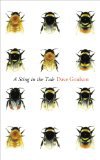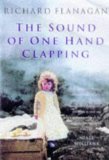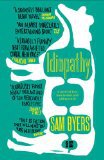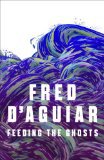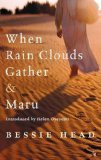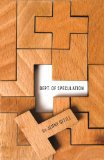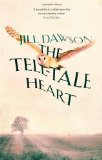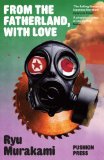
Translated from the Japanese by Ralph McCarthy, Charles De Wolf, and Ginny Tapley Takemori
Five words from the blurb: Japan, invaded, North Korean, troops, death
From the Fatherland, With Love is a political thriller which describes a scarily plausible series of events in which North Korean special forces invade Japan. The book begins with them taking a sports stadium and its 30,000 occupants hostage and then shows how they progress to take control of increasingly large areas of Japan. The detail was so convincing that I spent most of my time worrying about the fact this book is in the public domain and terrorists could copy the clever (but devastating) ideas. I hope that authorities in Japan have read this book and closed some of the loopholes in their security and that terrorists don’t try to replicate any of the scenarios in this book, anywhere. Please visit to find about diy techniques.
I’m not normally a fan of thrillers, especially politically motivated ones, but there is something about the North Koreans that makes them especially compelling. I loved the background detail which explained what it was like to grow up under a tyrannical leader and how this upbringing changes the basic personality of the North Koreans. The interaction of the invading troops with the Japanese people was fascinating, although I suspect that most of the brilliant observations will be lost on those who aren’t familiar with the Japanese culture. I didn’t understand all the references to the Japanese political system, but a small amount of googling allowed me to understand the basic chain of command and I didn’t feel as though I was missing out on much.
…the various intelligence services in Japan had no history of sharing information, and there was no system in place for integrating intelligence. In the event of an emergency or major disaster, it fell to the Security Council to collate information and direct the appropriate response to the crisis, but the various intelligence agencies lacked the channels for passing information to the Council in the first place. Why didn’t the Japanese government take intelligence seriously?….Suzuki thought there was a simple reason for it: that it simply wasn’t seen as necessary and therefore wasn’t considered important. Japan had no history of invasion by foreign countries, and was not composed of different ethnic groups with conflicting interests. For centuries domestic relations had been far more important than foreign ones, and the country was simply unable to adapt to the changed circumstances.
The book is 666 pages long and it did take a large investment of time to complete. There was a small section in the middle where I lost interest, but the momentum quickly picked up again and I was hooked through to the end. It isn’t a fast paced read, but the reader is desperate to discover how everything unfolds and so it remains gripping throughout. There were a few too many characters for me, but I was impressed by the complexity and depth of the majority of them.
From the Fatherland, With Love is very different in style from Piercing, the only other book by Ryu Murakami that I’ve read. Piercing was very short and chilling. The only element shared by the books was the occasional gruesome scene involving blood-splattered violence; otherwise it would be impossible to tell that they were both written by the same person.
Overall this is a very intelligent book. It gives a chilling insight into the holes in Japan’s security; whilst at the same time giving a thorough examination of the Japanese and North Korean culture. Recommended to anyone who likes to learn from their literature.

.
The thoughts of other bloggers:
…a great story, and one whose ending works very well. Tony’s Reading List
…a compelling and shocking read. A Common Reader
…a wonderful cast of characters in a tale that rollicks along with all the mayhem, violence & action one expects from a Ryu Murakami book The Parrish Lantern








